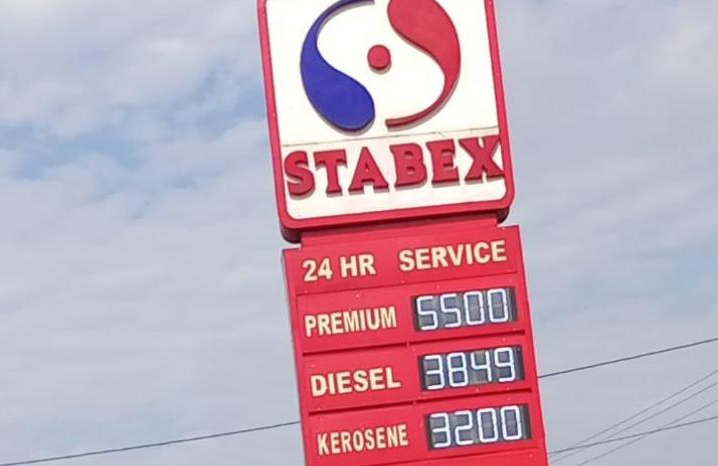Fuel prices hiked for customers’ own good – dealers
Ugandan fuel dealers have defended the recent spiralling prices, saying they were done to ration the little available stocks rather than for profiteering intentions.
Fuel prices in the country have been rising sharply since early last year, but this year prices spiked by Shs 1,300 per litre – with some places even recording a Shs 5,000 increment. In some places around Kampala, prices went up to Shs 5,700 for petrol and 4,400 for diesel per litre on Saturday.
The fuel shortage was attributed to a slowdown in supply as truck drivers at the Malaba and Busia border points parked their trucks protesting against the compulsory $39 COVID-19 testing guidelines. Government has since bowed to pressure and started testing the drivers at no cost, but even then, the nearly 30km vehicles pile up at the border has not made the situation any easier.
Moreover, on Saturday, there was also a temporary technical hitch at Malaba border-post when the cargo scanners broke down. By Saturday evening, Uganda Revenue Authority (URA) says they had cleared almost 200 trucks, 82 of them at Busia alone. Following the near-halt in deliveries, fuel stations started running dry, hence the high prices.
In a government statement issued on Friday, the ministry of Energy said the demand for fuel had been increasing even before the strike by truckers due to the fact that the economy was starting to recover from the COVID-19 sanctioned lockdown.
Fred Nairongo, the station manager at TotalEnergies Nakulabye says he is not sure of when they will receive their next deliveries, adding that he expected to run out of stock by today Monday. He hopes however that by the end of this week, the situation would have improved if the trucks arrive within the course of the week.
But Denis Acuka, the manager at Rubis Nakulabye says the scarcity is caused by many factors, some of which may not be in the powers of Uganda as a country to solve. He says that even before the drivers strike, the supply from Kenya was low because of a slowdown in the international supply chain.
Vivo Energy Uganda spokesperson, Val Oketcho referred all questions to the ministry of Energy while officials at the ministry either refused to comment or take calls. Asked about the rationale behind increasing the price when there is a scarcity, both station managers said it was aimed at controlling the rush for the products.
Acuka says the directive came from their head office to increase the prices when the daily demand went up from 3,000 litres to 4,000 litres so as to discourage demand and dispense the stock in smaller volumes per day. This, according to him was aimed at ensuring the stations do not suddenly run dry.
Nairongo says even with an increase in prices, their sales have since doubled in the last few days because of the high demand. But while the bigger market players are enjoying increased sales, the smaller stations are finding it hard to attract customers because of the high prices.
At AS Oil in Kawempe, an attendant said there are few customers coming in because of the high prices, yet the station cannot reduce because the products were delivered at a high cost.

